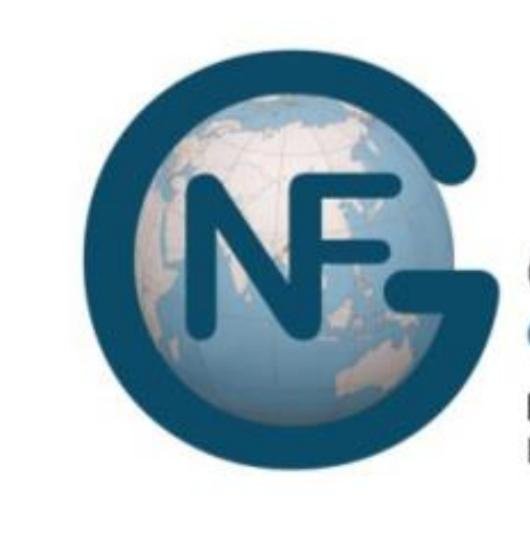The Global Naga Forum (GNF)on January 16 submitted a memorandum to Lok Sabha MP Rahul Gandhi, who is currently in Nagaland as part of the Congress Bharat Jodo Nyay Yatra, to appeal for his help and leadership in bringing a peaceful resolution to the Indo-Naga political problem.
The Forum appealed Gandhi to support the resumption and completion of the peace negotiations, including repealing AFSPA and to oppose the suspension of the Free Movement Regime (FMR) agreement with Myanmar and any form of fencing the borders.
“We believe you have the goodwill of an overwhelming majority of the Naga people spread across four states in the Northeast, as well as Nagas living in the Naga Self-Administered Zone in Myanmar and around the world. Our goodwill comes from a common public interest you have with the Nagas: interest in India as a secular, democratic republic both in vision and in practice – like your great-grandfather Jawaharlal Nehru and Mahatma Gandhi and their colleagues envisioned modern India to be,” stated the GNF in their memorandum.
The GNF also reminded Gandhi of his personal and political ancestry which has merged his life with India’s public history, along with the responsibility of helping define India’s future.
“It is in this context that we wish to bring to your kind attention the fact that postcolonial India has also been tied up with the fate of the Naga people. By the time you were born, our history had been written for us by others, and our future determined by India and Burma/Myanmar. In the interest of truth and a better future, not in bitterness, we must remind you that in 1953 Prime Ministers Jawaharlal Nehru and U Nu drew, without the consent of our people, an imaginary boundary between their newly independent countries,” mentioned the GNF.
Download Nagaland Tribune app on Google Play

With that, an artificial separation of the Nagas and its lands across the international border was created. The GNF placed emphasis on the military invasion of Naga homeland in the 1950s; armed resistance by Nagas; iterations of ceasefires and peace missions; bloodshed galore; imposition of extra-judicial military law (AFSPA, 1958), still in force, which makes atrocities and human rights abuses against Nagas by Indian armed forces; broken agreements like the 9-Point Agreement with the Naga National Council in 1947; and at present, the stalled negotiations on the basis of the Framework Agreement made between the Indian government and the NSCN/GPRN in 2015.
“After all these and more, now we are learning that the Indian government, in collusion with the Chief Minister of Manipur, is considering reneging on the Free Movement Regime agreement with Myanmar, which would not only criminalize Nagas visiting one another across the border, but render establishing social and cultural ties extremely difficult, as well as make next to impossible the nurturing of ties and communities for mutual assistance in times of need,” asserted the GNF. These, according to the GNF, will be a violation of international law and of the indigenous rights of the Nagas.
Reminding Gandhi on his Nyay Yatra for justice, the GNF stated that it is a good time for reconciliation and peacemaking on the basis of mutual respect and redressing historical wrongs. “It is in this spirit that we earnestly appeal for your help and leadership in bringing to a peaceful resolution the Indo-Naga political problem in any way you can,” appealed the Forum which boasts of members across four continents.
The GNF also extended solidarity with Gandhi for India as a secular, democratic republic with respect for the rule of law and human rights for all.

